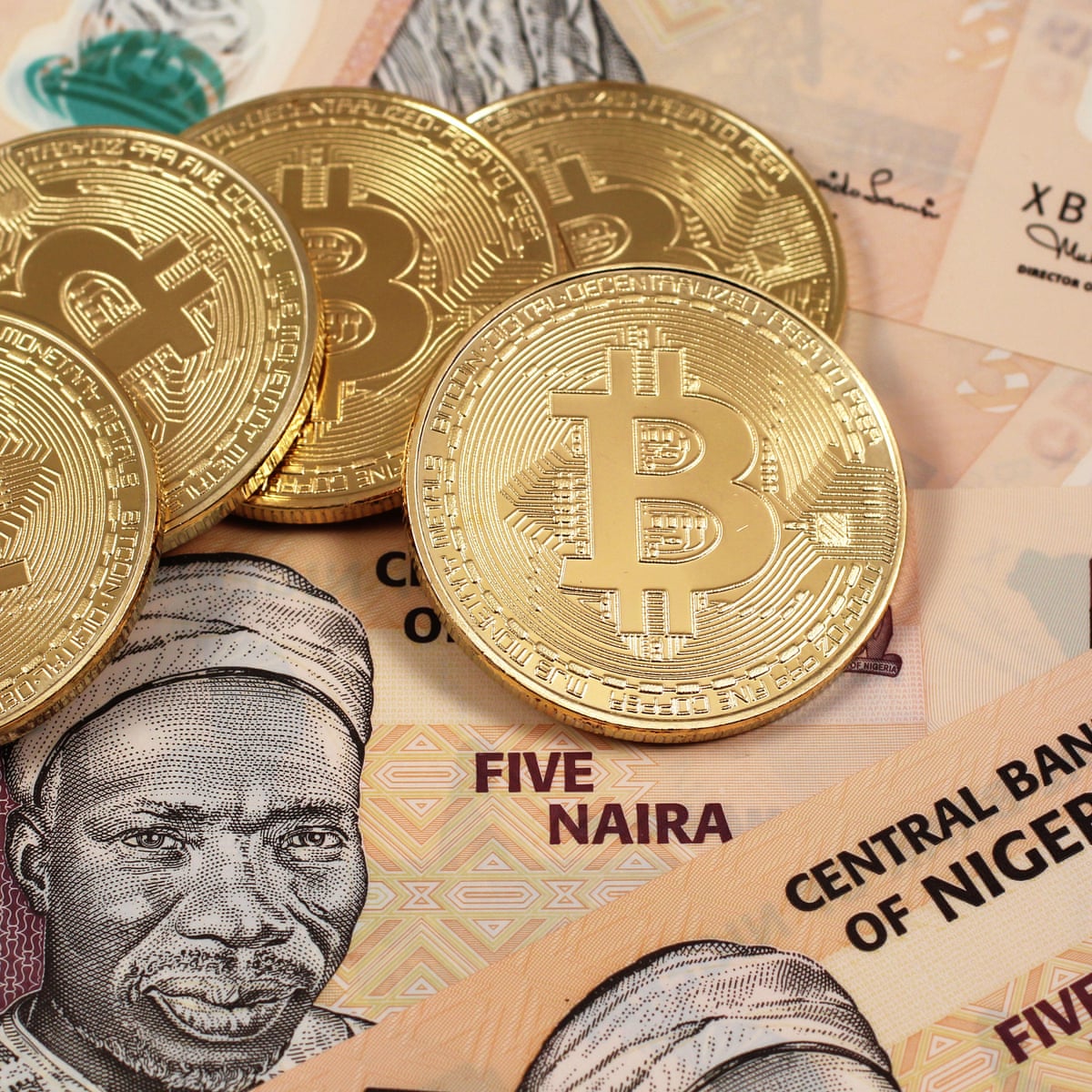Can Bitcoin Solve Naira's Problem?: Crypto Experts Believes It

It is no news that Nigeria's
financial system is heavily broken, and a ho for recovery is not in sight. This
has raised a lot of questions as Africa's biggest economy is currently in
shambles. Banking system services are below poor and there is an outcry for a
total rebranding of banking in Nigeria.
Facts to Note:
- Do you know you know getting cash
in Nigeria is expensive as banks don't have the cash to give you right now
- Do you know you cannot transfer
money to other neighboring African countries without meeting bureaucratic
challenges
- Do you know a lot of businesses
are crashing in Nigeria because of a lack of cash to run them?
February 5th was a popular date in
the Nigerian crypto market, it was the day the Central Bank of Nigeria (CBN)
issued an order barring banks to stop enabling all forms of crypto
transactions.
As far as the majority of the country's
population was concerned, it was a hash move on the sector that was already
prospected to be an avenue to reduce the unemployment rate in the country and
increase cashless transactions over time.
The CBN stated that the reason
behind the order was to checkmate money laundering and forced sponsors of
terrorism to desist from the trade. Its effectiveness is still in question
today.
Recently Africa played host to the
inaugural bitcoin conference held in Accra Ghana, Jack Dorsey the former
Twitter CEO and Current CEO of Block a
crypto-enabled payment platform stated that bitcoin is the strongest
alternative to the crippled financial system.
A lot of fintech in Nigeria are
already providing alternative payment services to the failing banking system,
the common ones are Opay, Palmpay, Kuda, and many others. But the problem persists.
What are the challenges of Bitcoin
In Nigeria?
Aside from the obvious government
policies, bitcoin is still not a familiar name among the non-learned community
in Nigeria, and they are the major players in the local market system.
Another is the unstable price of the
coin, as its volatility cannot be overemphasized. The current price of 1
bitcoin to Naira is over N12 million naira which can soar or decline
unpredictably in no time.
The third and crucial concern is the
lack of physical structures for bitcoin, non-learned Nigerians who use banks
trust it because of the physical presence of banks, they believe knowing
exactly who houses their money gives them a sense of assurance and security.
Finally, the perceived complexity of
it, makes the system seem complicated to explain to non-techie people, and
there is no a way to explain the complete extent of the workings of crypto
without mentioning cryptocurrencies terminologies like blockchain, fiat
currency, digital wallet
Can the Problems be Solved?
Mike Brock, CEO of TBD at Block,
told CNBC that "it doesn't matter if the prices go up or
down because I can still use bitcoin as a vehicle to move money globally
instantaneously"
Introducing the recently invented
custodian lightening network, called "Machankura" meaning Money by
the South African developer Kgothatso Ngako, The system was designed to work
offline with the aid of Unstructured Supplementary Service Data (USSD) which is
already in use in the Nigerian banking system.
The system can work without an internet
connection hence bringing bitcoin and crypto closer to the non-learned part of
the country.
On the issue of its complexity Bernard
Parah the CEO of Bitnob, a cryptocurrency fintech company based in Nigeria
stated that the issue is not about what is bitcoin but can problems be solved.
He also noted that they are settling into the Nigerian Banking system where
people will see the transactions locally without having any direct contact with
bitcoin.
As Africa continued to grow into the
cryptosystem, the solution it stands to provide may be the savior the African
crumbling financial system needs.
It waits to be seen whether Nigeria, which is at the forefront of tech in Africa will adopt the system to give crypto enthusiasts and stakeholders in the country a sense of inclusion and hope for a stronger financial system.


Be the first to comment!
You must login to comment